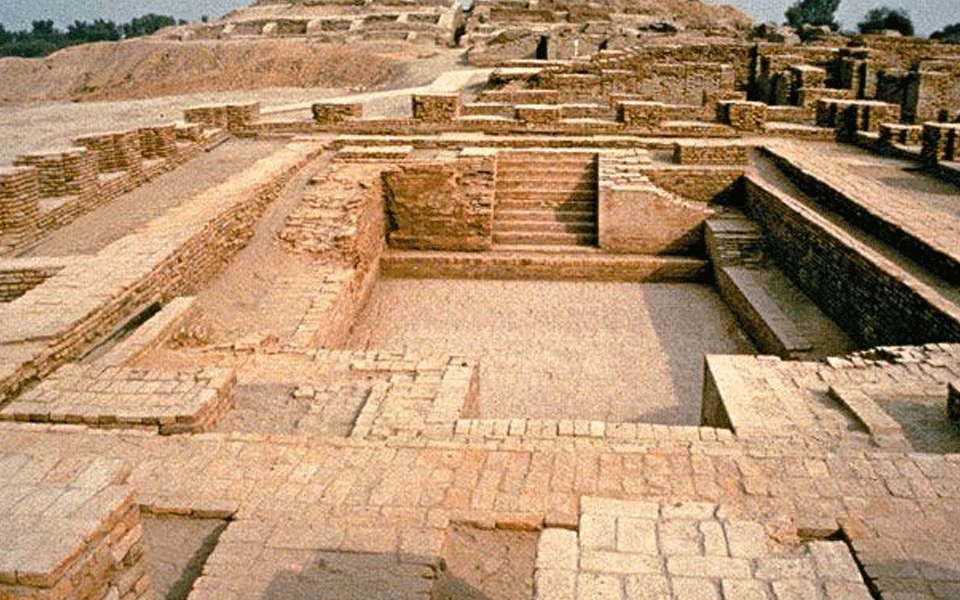New York: Shifting monsoon patterns linked to climate change likely caused the rise and fall of the ancient Indus Valley Civilisation, according to a study by an Indian-origin scientist which analysed data from North India covering the past 5,700 years.
The analysis by Nishant Malik from Rochester Institute of Technology (RIT) in the US used a new mathematical method to study ancient climate patterns in North India over time, providing insights about past climates using indirect observations.
The research, published in Chaos: An Interdisciplinary Journal of Nonlinear Science, noted that by measuring the presence of particular chemical forms in stalagmite mineral deposits in caves in South Asia, scientists could develop a record of monsoon rainfall in the region for the past 5,700 years.
However, Malik said studying ancient climate time series with mathematical tools typically used to understand climate is a challenging task.
"Usually the data we get when analysing paleoclimate is a short time series with noise and uncertainty in it. As far as mathematics and climate is concerned, the tool we use very often in understanding climate and weather is dynamical systems," Malik said.
"But dynamical systems theory is harder to apply to paleoclimate data. This new method can find transitions in the most challenging time series, including paleoclimate, which are short, have some amount of uncertainty and have noise in them," he explained.
While there are several theories about why the Indus Valley Civilisation declined, including invasion by nomadic Indo-Aryans and earthquakes, climate change appears to be the most likely scenario, the study noted.
However, Malik said there was no mathematical proof until the new hybrid approach was applied.
According to his analysis, there was a major shift in monsoon patterns just before the dawn of this civilisation and that the pattern reversed course right before it declined, indicating it was in fact climate change that caused the fall.
The RIT scientist believes the new method will allow scientists to develop more automated methods of finding transitions in ancient climate data, leading to additional important historical discoveries.
Let the Truth be known. If you read VB and like VB, please be a VB Supporter and Help us deliver the Truth to one and all.
Jaipur, Jul 25 (PTI): An Air India flight bound for Mumbai from Jaipur returned to the airport due to a suspected technical snag mid-air on Friday, officials said.
"Flight AI612 operating from Jaipur to Mumbai returned to Jaipur shortly after take-off due to a suspected technical issue. Troubleshooting checks were carried out, and it was determined to be a false indication," Air India said in a statement.
Following the checks, the aircraft was cleared for operations, and the flight continued to its destination in Mumbai.
Air India, in its statement, emphasised that passenger safety is the airline's top priority.





